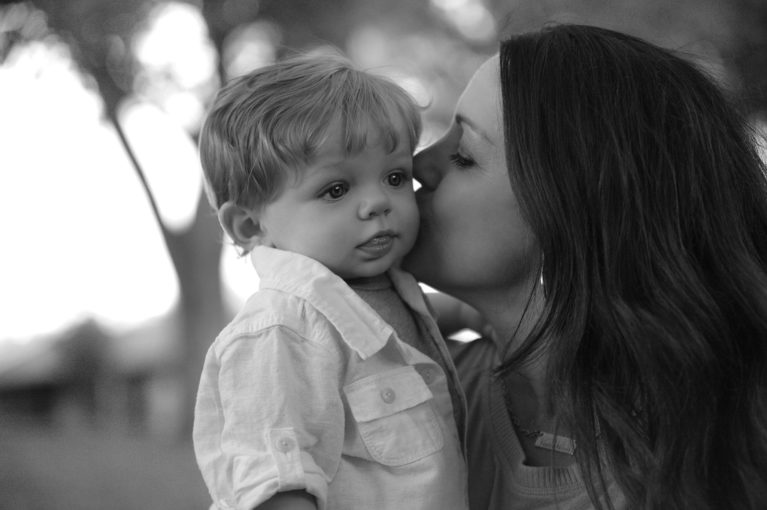Angela Hausvik knows firsthand what it is like to have a toddler with cystic fibrosis. Her youngest of three sons, Brooks, was diagnosed with CF shortly after birth.
“At my 20-week ultrasound, they found some concerns with his bowel,” Hausvik said. “I was screened for CF, and the results showed I was a carrier. For my baby to have CF, my husband would also have to be a carrier. He completed genetic testing, and we found out that he was a carrier as well. From there, we knew it was a possibility that our baby would have CF. But, we didn’t find out for sure until we received his newborn screen results when he was 7 days old.”
Looking for more stories like this? Subscribe to our newsletter
Discovering what works for your child
CF is a genetic condition affecting the lungs, pancreas and digestive system of over 30,000 children and adults in the U.S. Those with CF produce large amounts of thick and sticky mucus, which can lead to infections and lung damage.
“At first, it is a learning curve. Thankfully, the CF team eased us into the different treatments and medications. He was started on enzymes right at birth,” Hausvik said. “With CF, the pancreas can make thick mucus that blocks the release of enzymes needed for digestion. Therefore, my son has to take enzymes prior to eating or drinking anything.
“Then, once we were comfortable with the enzymes, they started with additional medications and airway clearance techniques.”
Determining cystic fibrosis carrier status
RaeAnn Kragenbring, MS, a certified genetic counselor at Sanford Health, said genetic conditions are not always at the front of people’s minds when planning for a baby. Most often, prospective parents do not know they are carriers until someone in the family is diagnosed.
“CF occurs due to the combination of two non-working genes — one from each parent. If both members of a couple happen to be carriers of CF, there is a chance of having a child with CF,” Kragenbring said.
“On average, each person carries around three to five genetic conditions. CF is among the more common ones. Though it can occur in any ethnicity, it is more prevalent in Caucasians. In fact, it’s likely that over 1 in 25 South Dakotans is a carrier of CF.”
Getting tested for CF
Families can discover if they are carriers of CF by undergoing a carrier screening.
“Given that everyone is a carrier for one or more genetic conditions, the recommendation is that all couples considering having children be offered carrier screening prior to or during pregnancy. That way, if a couple finds out that they are both carriers, they will have a wider range of options,” Kragenbring said.
Couples or individuals interested in testing are encouraged to contact their doctor or a genetic counselor to discuss:
- Screening options
- How the information might be used for reproductive planning
Testing often requires a blood sample from each parent. Genetic counselors review the results with the family usually within one to two weeks of submitting samples.
Related: What is cystic fibrosis?
Lifetime support for children with CF
“Some people do not realize that genetic counseling is not just about genetic testing. It’s about having a conversation and providing support to our patients throughout their life,” Kragenbring said.
Whether during pregnancy or after delivery, a genetic counselor is available for families with a family history of CF or who have received their newborn screening results. They provide support across the child’s lifetime not just as a counselor, but as an educator and an advocate as well.
“When your child gets diagnosed, it is scary and life-changing,” Hausvik said. “With it comes a whole new level of worrying about your child. However, we feel so fortunate to have the amazing CF team and resources that are available at Sanford Health. They have been such a great support for us.”
More stories
- Girl gets life-changing cystic fibrosis treatment at Sanford
- Clinic sees cystic fibrosis patients’ lives lengthen
- Woman fights against cystic fibrosis with voice, passion
…
Posted In Children's, Genetics, Parenting, Research
